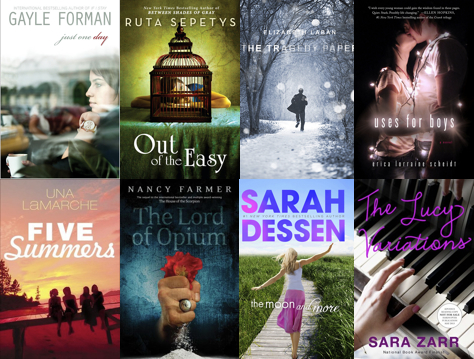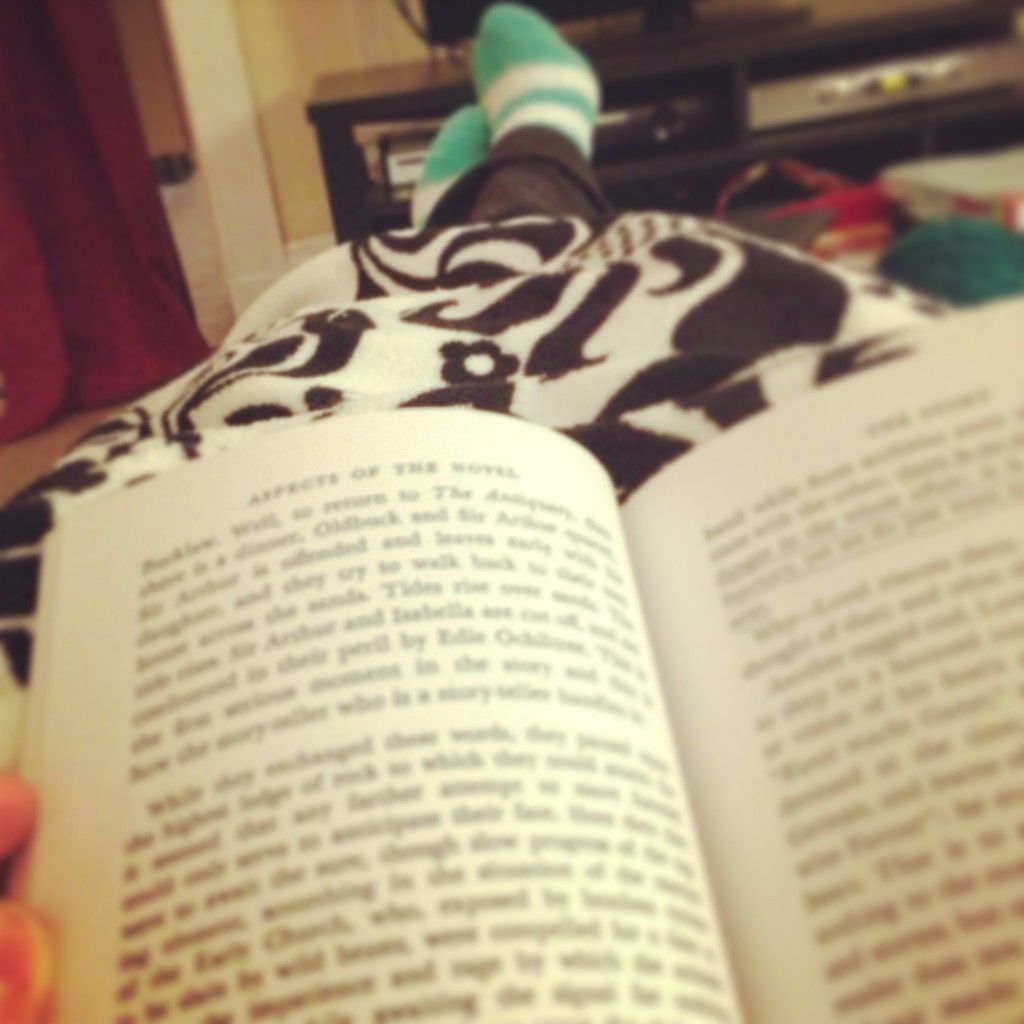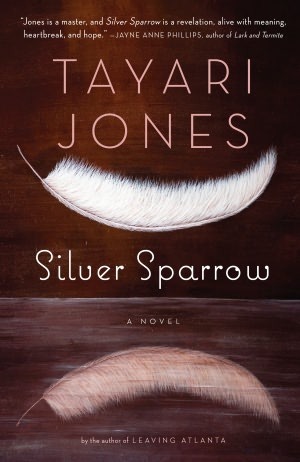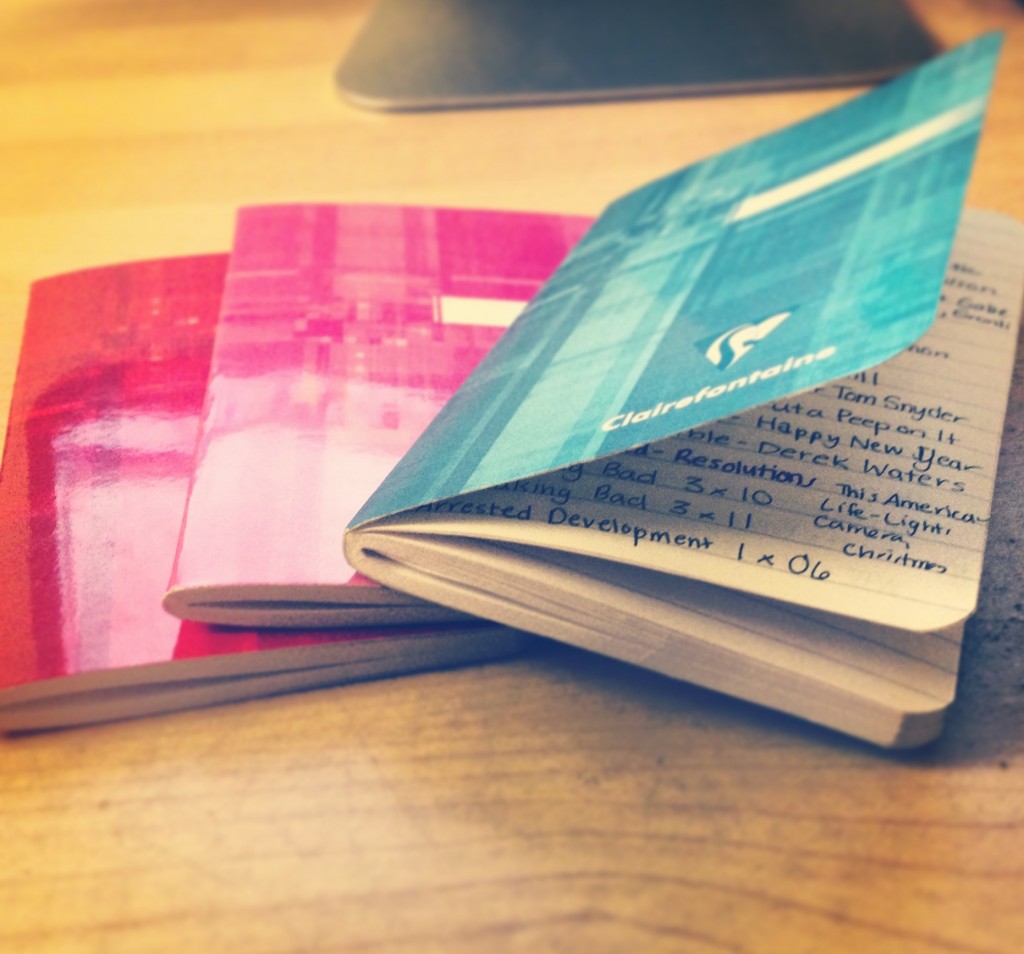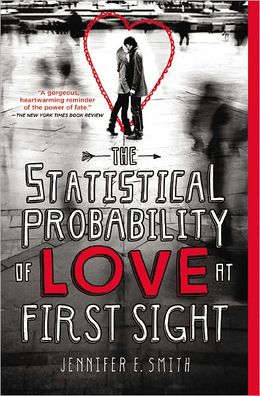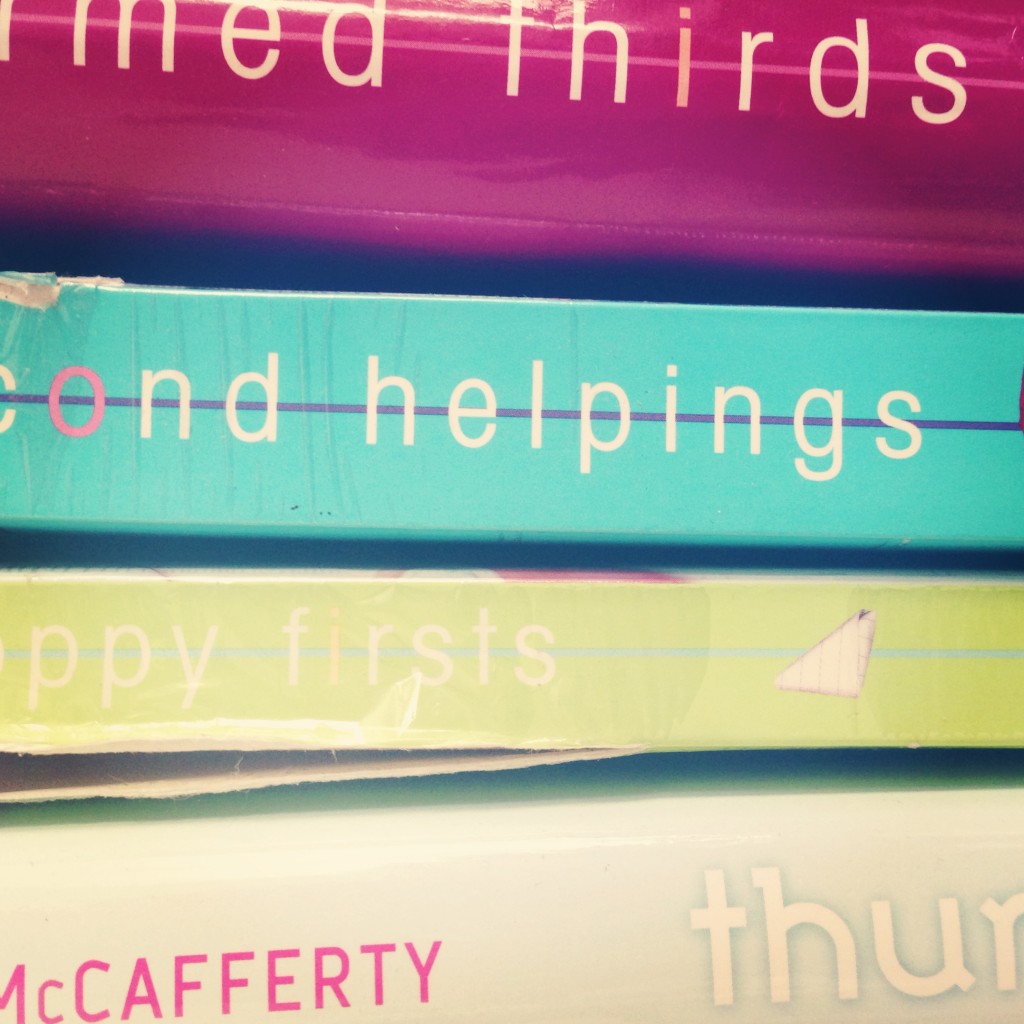
If you are a person in the YA lit/librarian-o-sphere, you will likely be familiar with the term New Adult. You might not be able to define this because everyone and their idiot second cousin who writes for the New York Times has a different idea. If you want a more thorough understanding of the conversation, I would certainly check out Liz’s collection of definitions at A Chair, a Fireplace, and a Tea Cozy – it’s comprehensive and even-handed, and I’ve read through her links and annotations more than once.
The rough story, however, is this – publishers, authors, and other interested parties have begun publishing, writing, and promoting a new genre of books – The New Adult Novel. These books are written for and about those slightly older than high school. Eighteen at least, probably not older than 40, but could be anywhere in that range. The subject matter may focus on “coming of age” type plot lines – the Quarterlife Crisis and all that – but maybe not. Publishing/popularity has ramped up a bit in the past year or so – a few prominent media sources have latched onto the story in the past few months and made sure the general reading public knows that s-e-x is involved.
So. New Adult. You might like or you might loathe this label. Personally, I am fairly indifferent. As a reader, I have always enjoyed YA and adult books with younger protagonists. As a librarian, I am interested in whether the books will continue to be popular over time, if they will warrant more money spent to support patron interest. As a general advocate for books and reading, I hope that New Adult books – like any books, really – will help create and maintain lifelong readers.
However, as an academic and curious-minded individual, I love talking about genre (And I am using “genre” in a very loose way here, a term that doesn’t mean anything beyond “collection of specific books and stories that we are going to give a certain label). What is most interesting to me is how everyone is talking about New Adult – book bloggers have different interests than book-bloggers-who-are-librarians, authors who write YA vs. authors who write New Adult, with the media-at-large serving as some kind of catalyst for everyone’s interests.
And what is even more interesting to me? What we aren’t talking about when we talk about New Adult. Some articles have touched on these topics, but move along quickly to other conclusions. I would love to read some more thorough explorations of these topics, both as an exploration of this new genre (or non-genre), or just as a continuation of the discussion of how we talk about young adult lit in general.
There are differences between New Adult and Young Adult… but what are the similarities?
Most would agree that The New York Times’s assessment that New Adult is just “Harry Potter meets 50 Shades of Gray” is ridiculous/obviously sensational. These books that are being called New Adult are not just unexpurgated YA novels, and there are plenty of YA novels published in the YA market that are far more explicit than some of the New Adult books I’ve perused.
But what are the similarities? There are some, otherwise we wouldn’t be talking about this issue at all. Coming of age narratives. Tight, intimate first-person narration. Slice-of-life type subject matter. I suspect that New Adult is gaining traction because those who read YA books as teens or in college and loved them love them for a reason, for the particular reading experience they get from these books; these readers want to read more books like YA books, and New Adult books feel like YA books. This similar feel I think is more structural/thematic rather than content-based.
Is New Adult an extension of YA? Or narrowing of Adult?
Some folks see New Adult as firmly YA-based or firmly Adult-based. What does either option mean?
If we talk about New Adult as if it is Young Adult + Plus, then what is that “plus?” Sex? Character maturity? A setting that likely doesn’t include parents? This could be true but, again, there are many YA books that have these things already.
If we talk about Adult, then what qualifications make an Adult book a New Adult book? Based on the books that are being published right now as New Adult, it seems that New Adult is not just a narrowing of Adult, but a narrowing of Adult Contemporary Romance (see: Diana Peterfreund’s article). I am not a scholar of Romance Novels (do these people exist?) but I do know that romance is a genre that has many tropes, narrative patterns, and structural traditions, as does YA, which is interesting.
Does genre-fying a certain type of story help it flourish? Or encourage more of the same?
Labeling a genre is a problematic endeavor, but can help writers find publishers, readers find books, etc. If someone didn’t dream up the term Young Adult (sometime in the 60’s or 70’s, I’d imagine), then would we have the rich YA market we have now? Probably not, because nobody would know where to look for them.
Authors who aspire to publish their own works of New Adult Fiction might support this genre-fication for that reason – the more recognition, the more room for different authors to enter the field. The more books in the field, the better the books will become (capitalism, anyone?)
But on the other side of the coin is this fear that if the genre definitions are too narrow, then the books that don’t fit neatly into that Contemporary Romance slot will be pushed out. More writers will step in to write more Contemporary Romances, the genre will fill up with repeated story-lines, familiar characters, nothing interesting.
Which side of the fence are you on?
Is there something wrong with trying to make New Adult “a thing?”
Underneath a lot of the articles I’ve read about New Adult is a bit of defensiveness. Ostensibly, we, the champions of YA, are faced with popular news media yet again making grand, sensational statements regarding YA that just aren’t accurate. We do have something to defend.
But beyond that, I am wondering what is the cause of this fear of New Adult. If it’s really just and adult genre, then why give it any more concern than you would adult mysteries or science fiction? If you are a librarian and your teens want to read New Adult, then buy some books for your collection, or send them over to the other side of the library just like you would if they were looking for a copy of 1984?
One hypothesis I have has to do with the sex and the youth librarian’s ongoing relationship with young adult literature. The media is telling the world that New Adult = Young Adult + Sex. This statement doesn’t necessarily conflate YA with Sex, but to the world at large? Maybe the separation isn’t so clear. Maybe New Adult books are for teenagers who want to read about sex. To your average youth librarian, this is a not a benign association – this is opening the door for more backlash, more challenges, more misunderstanding. Making the line clear between YA and New Adult is in the interest of the librarian, even if their teenage patrons are reading 50 Shades of Gray (and they are, by the way).
But it could also be that those who love YA aren’t that different from those that love good films, classic novels, or jazz music – we want to share our love of YA, but we also want to be cliquey about it. Loving YA is a bit of a private party – we want YA to mean what it means to us, and if “outsiders” have other opinions? Well, they don’t belong in the club anyway.
Are we uncomfortable with forced genres?
Maybe we just don’t like it when those outsiders try to pigeonhole books, writing, and readers (especially since those outsiders don’t write or read of what they speak). There is also the inherent conflict between writer’s interests (to make art), librarian’s interests (to provide books/information without bias), and publisher’s interests in making $$$. If publishers are helping push New Adult in a certain direction, it probably isn’t just because of their knowledge, interest, or appreciation for new and exciting fiction categories… it’s for the money.
I think I like Andrew Karre’s quote here, from an interview with author Mitali Perkins:
“I think there easily could be a bonfire to be built around the shifting definition of adulthood. I think that’s a real cultural phenomenon, but it needs to come from the writers not the marketers.”
And also not sensational articles from the mass media.
What does this all have to do with self publishing?
The books that have triggered this New Adult kerfuffle are a specific bunch… and they were all self-published.
Now THAT is interesting. Is New Adult the first of many “niche” genres that might arise in this way? What does this mean for readership of these books? Current data says that teenagers haven’t adopted eReading in significant numbers, so are these self-pub trends mostly adult-driven? In the future, if teenagers do become eReaders will this picture change?
And also, do we all have an unspoken bias against these books called New Adult because, like many self-published books…. uh, they kinda suck? I’ve tried to read a few. They read like 50 Shades of Grey – weak characterization, poor writing, predictable plotlines. And what’s worse is that the premises seem fun, the covers inviting, but then you start reading and realize that you are still reading a self-published book. After tossing away Beautiful Disaster after a hundred pages, I felt a little uneasy towards reading anymore New Adult; I read April’s rather… uh… spirited review of another New Adult title that caught my eye – Molly McAdams’s Taking Chances – and I thought to myself, “Yeah, I would probably think the same thing if I read it. Pass.”
And yet, people are still spending money on these books, still enjoying them. What does THAT mean for the future of books and reading?
Why do we care so damn much?
Why do you feel like commenting on this issue? Why do you feel like you have something to say? What tugs at you? What are the issues you decide, as a blogger, a professional, or a thinker, are worth debating? If you are a librarian, do you think that talking about these issues is an important part of your job? Why?
Anyway, if anyone wants to write a blog post/article/dissertation on any one of those topics, I would be interested in reading it.


